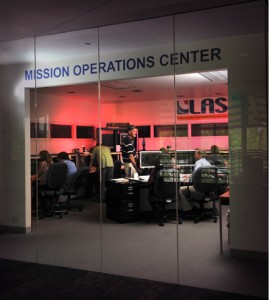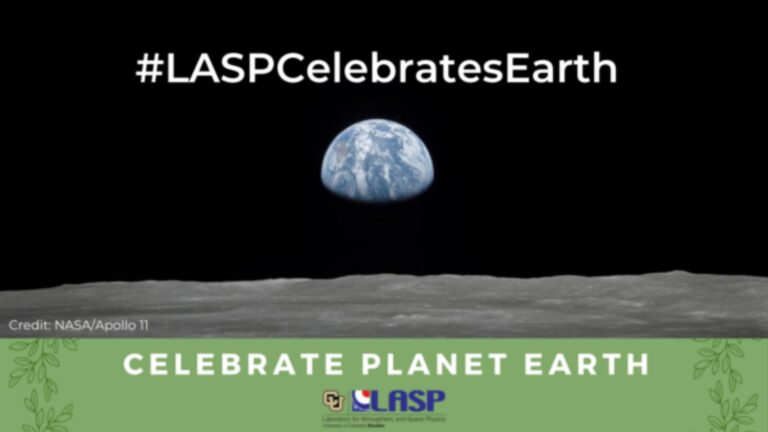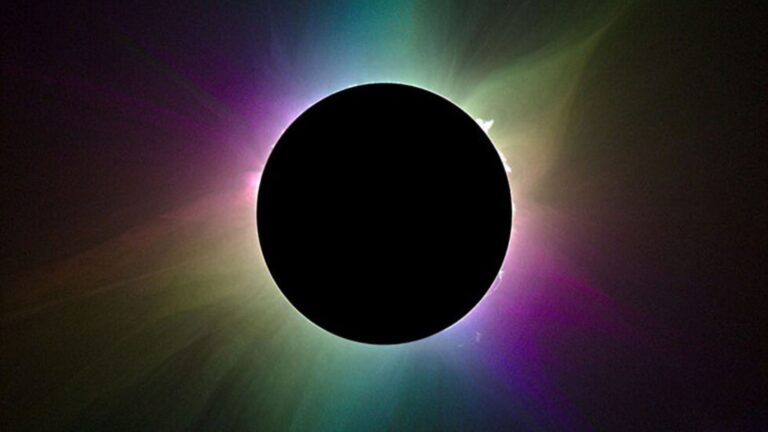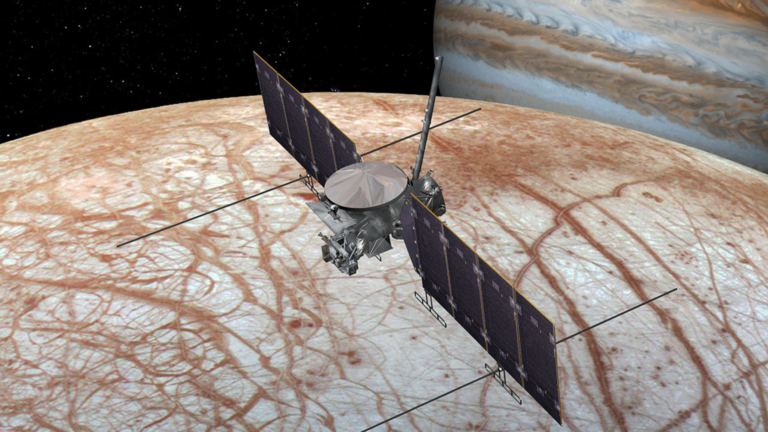
The University of Colorado Boulder’s Laboratory for Atmospheric and Space Physics (LASP) will conduct mission operations and data processing for the first privately funded deep-space mission, whose goal will be to spot near-Earth objects that could be in a dangerous trajectory with Earth. The mission will be led by the B612 Foundation.
The Sentinel mission will place a space telescope built by Ball Aerospace and Technologies Corporation in orbit around the Sun, mapping the current and future locations of objects in the inner Solar System that may cross paths with Earth.
Bill Possel, Director of LASP Mission Operations & Data Systems, said, “LASP is proud to team on this historic new space mission. Operations and data processing for the mission fit well with our current operations of NASA’s Kepler mission, as well as the science data processing we perform for other spacecraft.”
Mission operations and data processing for the mission will be led from the LASP Mission Operations Centers—state-of-the-art centers located at LASP on the University of Colorado Boulder campus and staffed with personnel who are on-call 24 hours a day, 7 days a week.
“I believe that one of the reasons we were selected for the operations of this mission is because of our high-reliability, low-cost record,” Possel said. “Our success in this area is possible because, alongside our professional operators, we employ university students.”
LASP student operators must pass a summer-long course held at LASP to become certified mission operators. Student operators currently work under the supervision of professional staff to operate over $1 billion worth of spacecraft.
“Our 15-year record of continuous spacecraft mission operations is unique among universities,” Possel said. “Over that time, we have provided excellent operations for our partners while at the same time training the next generation of space professionals.”
LASP professionals and student staff currently operate 4 NASA spacecraft, including the AIM, Kepler, SORCE, and QuikSCAT missions, as well as 14 space science instruments. Over the past decade-and-a-half, LASP has been responsible for operating more than 30 spacecraft and instruments from our facilities.



